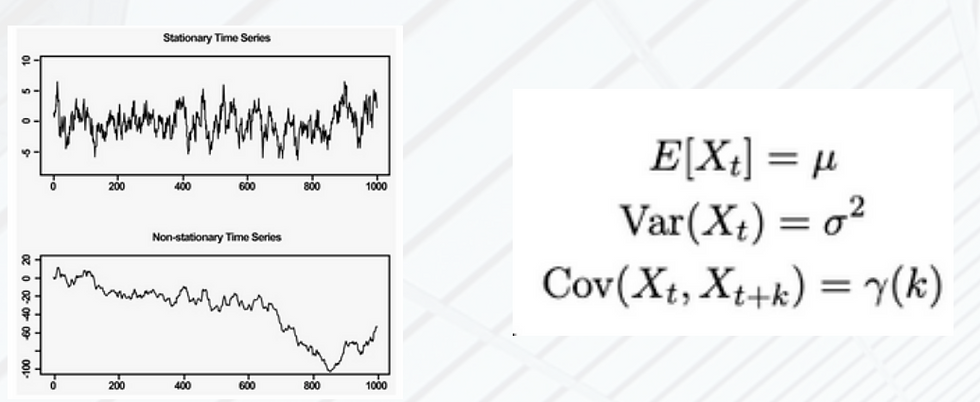Vodafone and Three Merger: Examining the Deal Structure and Potential Implications
- Sora Capital A.C.

- Jul 3, 2023
- 3 min read
Scrutiny from Regulators, Concerns of Consumer Distress, and Insights from Previous Mergers

Overview
Three and Vodafone have reached a deal to merge their UK telecommunications networks, forming the largest mobile phone operator in the UK. Assuming the merger is approved, the newly unified company will possess an excess of 27 million subscribers. These two companies currently hold the positions of the third and fourth largest operators in the UK.
Deal Structure
Negotiations between Vodafone and Three have been ongoing since the autumn season. In the resulting arrangement, Vodafone will hold a majority stake of 51%, while CK Hutchison will possess a minority stake of 49% in the amalgamated enterprise.
The proposed plans encompass a commitment to invest £11 billion in the United Kingdom over 10 years. Additionally, Vodafone holds the option to acquire CK Hutchison's stake after three years following the completion of the merger, which is anticipated to conclude by the end of 2024.
Margherita Della Valle, recently appointed as Vodafone's group CEO, characterized the merger of Vodafone UK and Three UK as highly beneficial for customers, the nation, and fostering competition, as expressed in a disclosure to the stock market.
The successful execution of the merger will be the primary responsibility of Della Valle, who assumed the position in April, succeeding Nick Read. Read had encountered challenges in halting the prolonged decline of Vodafone's share price, which had fallen from a level above £2.50 in 2015 to below 75p in June.
Scrutiny on Deal
The proposed agreement is expected to undergo rigorous scrutiny from competition regulators. Back in 2016, the CMA (Competition and Markets Authority) and the European Commission barred Three's attempted acquisition of O2, citing concerns that such a merger would likely result in elevated prices for consumers.
Moreover, Vodafone, which has faced substantial criticism for implementing price hikes above the inflation rate for its customers, recently announced its intention to reduce its workforce by 11,000 employees over the next three years. This will make the government even more wary of approving the deal.
Furthermore, the government will probably subject the deal to thorough examination under the National Security and Investment Act 2021. This legislation empowers ministers to impede transactions associated with critical national assets if they are deemed detrimental to national security. Vodafone UK, given its possession of several government contracts, falls within this purview.
Unite, a labour union, has voiced objections to the deal due to concerns regarding foreign joint ownership of a pivotal national asset. Three UK is currently owned by CK Hutchison, a company based in Hong Kong. Gail Cartmail, the executive head of operations at Unite, expressed the view that this deal would grant a company with significant ties to the Chinese state an even more prominent position within the United Kingdom's telecommunications infrastructure.
Consumer Distress with Deal
The current situation in the UK reveals a concerning trend, as nearly one in three households are grappling with financial difficulties in meeting the costs of their phone or internet services. This level of struggle represents the highest recorded figure to date. Alarmingly, despite these financial hardships, prices in the industry continue to rise. In the current year, mobile phone providers imposed price increases exceeding the inflation rate, surpassing 17%.
The approval of the Vodafone and Three mergers by regulators would exacerbate this situation. As the new company emerges as the largest mobile phone network in Britain, it would consolidate the number of mobile networks from four to three. Historical evidence from various countries demonstrates that reduced competition among operators results in higher prices for consumers.
Research conducted by Professor Tommaso Valleti, a former chief competition economist at the European Commission, indicates that this merger could potentially lead to price hikes of £300 for each customer. The implications of such an outcome are significant and alarming.
Industry Insight
The assertions made by proponents of the deal regarding increased investment are unlikely to materialize as expected. An example of a similar merger involving Vodafone and Three with TPG in Australia in 2020 serves as evidence. The merging companies claimed that it would expedite the advantages derived from substantial network investments made by both entities. However, an analysis conducted by Unite reveals a notable decline of 45% in investment levels within the sector. Contrary to this, prices experienced a significant surge within a year, with certain plans seeing increases of up to A$40 (£21) per month.
Meanwhile, dividends disbursed to shareholders witnessed a substantial jump from £12 million in the two years preceding the merger to £340 million in the two years following it.
A case study from Norway, where a reduction in the number of mobile phone operators from four to three occurred due to a merger, demonstrated a doubling of corporate earnings. These examples highlight the mixed outcomes that have arisen from similar mergers in the industry.
Written by: Devya Goenka, Market Analyst at Sora Capital A.C.




Comments